Used electric vehicle (EV) retailers are being urged to shift their focus from mileage to battery health, as new data shows that 2023 models are retaining battery performance significantly better than their predecessors — even when clocking up similar mileage.
According to EV battery certification specialist Generational, a 2023 electric vehicle with 90,000 miles retains, on average, 86% of its battery health.
That’s more than 10% higher than the average for 2016–2017 models at the same mileage, which recorded just under 76%.
The data, drawn from Generational’s proprietary testing platform, underlines the rapid development in EV battery durability over recent years.
At 50,000 miles, the battery in a 2023 EV still shows more than 5% better health than one from 2016–2017 — a key point of differentiation as used EV values and customer expectations continue to evolve.
The new ‘mileage’
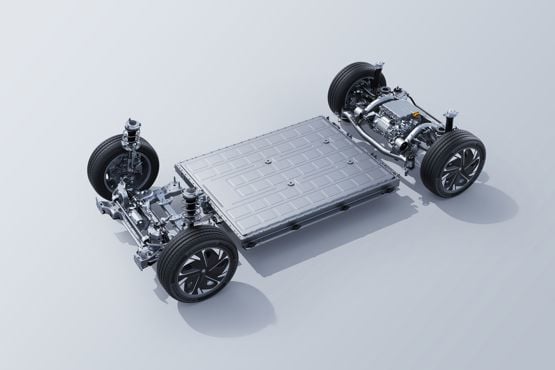
“Battery health is the new mileage in the EV age,” said Oliver Phillpott, chief executive at Generational.
“Buyers need to understand that battery condition tells you far more about an EV’s future performance and value than simply looking at the odometer.”
The company’s test platform plugs directly into a vehicle’s OBD port and benchmarks the battery’s condition against original manufacturer data.
Older used EVs still offer strong value — if buyers understand the trade-off
While newer EVs clearly benefit from technical improvements, Generational is keen to point out that older electric vehicles still represent a solid purchase for certain drivers — particularly those with shorter commutes or lower-range requirements.
"For some buyers, a vehicle with moderately lower battery health can offer excellent value – as long as the customer is informed and confident in how it matches their usage needs,” Phillpott said.
“That’s where battery health certification becomes a powerful tool for the industry."
With battery degradation now better understood and testing tools more widely available, the used EV sector is maturing quickly.
But Phillpott warns that transparency is critical to maintaining consumer trust, especially as more ex-fleet EVs and early models enter the market.
As the used EV market grows, franchised retailers, independents and online platforms all face increased pressure to offer reassurance to prospective EV customers — many of whom are new to the segment. Offering clear battery health scores could soon become as expected as a service history or MOT certificate.
Polestar recently introduced battery state of health certificates for used Polestar 2 models to increase transparency for customers and the wider industry.
The certificates show the usable battery as a percentage and sales teams will present this to each used car customer and talk it through with them.
Polestar said the certificates give customers peace of mind that their battery is in peak health and reassurance that “many more miles of hassle-free motoring is ahead of them”.

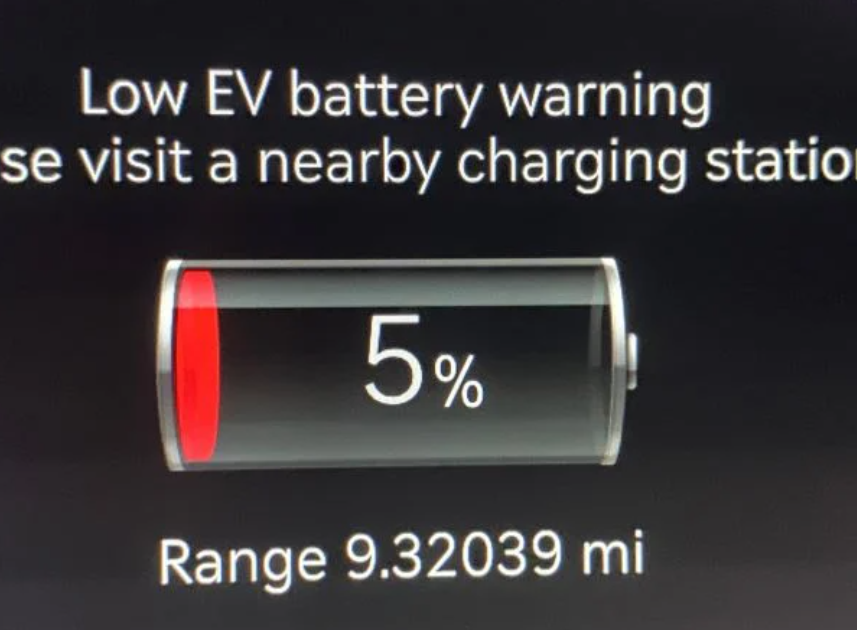


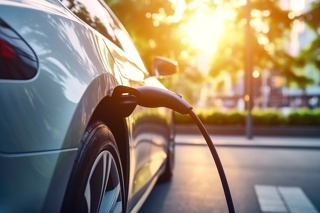

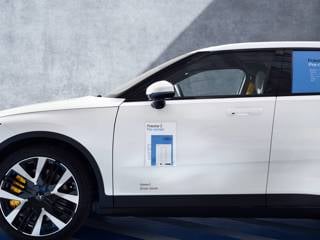
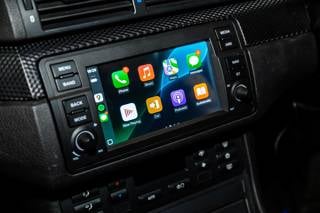






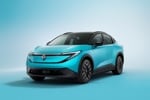







Login to comment
Comments
No comments have been made yet.